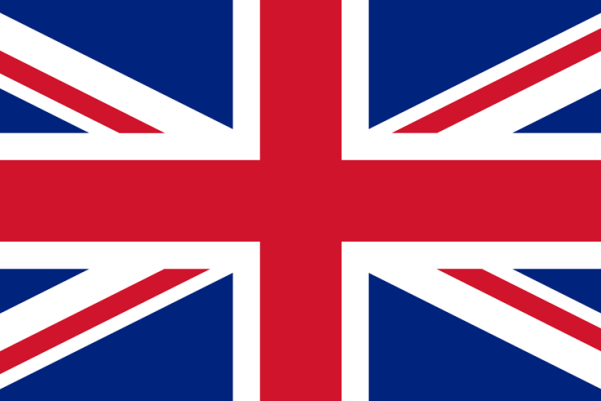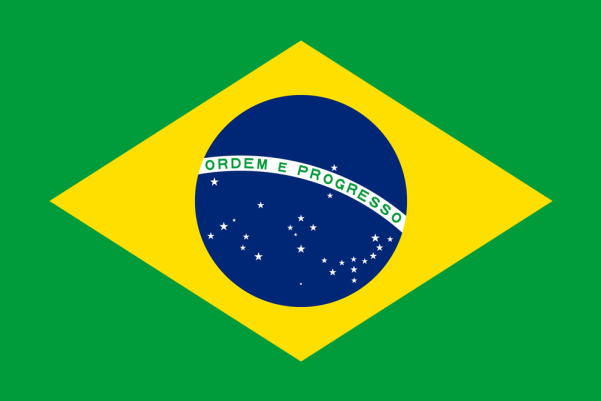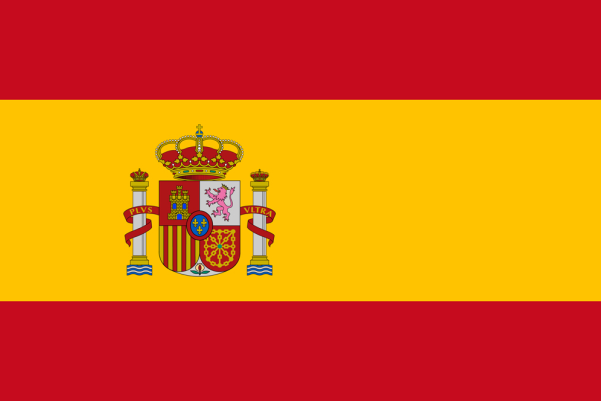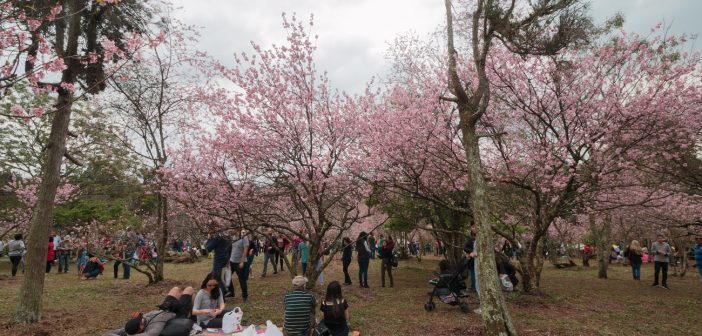Curiosities about Brazil
Macapá, the capital of Amapá, is the only capital in Brazil that’s split by the Equator, making it one of the best places in the country to observe the astronomical equinox.
The capital of Maranhão, in São Luís, is the only Brazilian city that was founded by the french. Its historic centre is a UNESCO world heritage site and its coastline includes some of the most stunning beaches in Brazil, making it one of the most popular tourist destinations in the country.
Brazil has 2,498 airports. The second most of any country in the world, behind the USA.
Of all the cars that are produced in Brazil, 90% use alcohol. That’s why it is the only country in the world where all petrol stations also offer Ethanol.
Everyone always talks about Brazil’s megacities, but any idea which is the least inhabited city in the country? This title goes to Serra da Saudade, in Minas Gerais. At last official count there was a total population of 822.
The Bom Retiro neighbourhood in central São Paulo is home to the only sumo-exclusive gym outside Japan, which has been popular since its opening in 1980.
Brazil is home to 123 million catholics. That is more than any other country. Mexico ranks second with 96 million.
The Iguassu Falls, on the border between the state of Paraná and Argentina, are the largest waterfalls in the world in terms of water volume. The state is also home to the Itaipu hydroelectric power plant, the second largest in the world.
Estimates suggest that over 1.5 million Brazilians are descendants of Japanese immigrants, the world’s largest Japanese population outside Japan. This helps explain why there are so many cherry trees in São Paulo!
Red double-decker buses, so symbolic of London, used to circulate the streets of São Paulo. In 1987, the local government introduced 11 buses with a total capacity for 112 passengers. The following year, 26 further buses were added to the fleet. The novelty, however, failed to convince. Those interested can see them on display at the Transport Museum in São Paulo.
Brazilian money is produced exclusively in Rio de Janeiro, home of the Casa da Moeda, which is also responsible for the manufacture of passports and stamps.

















